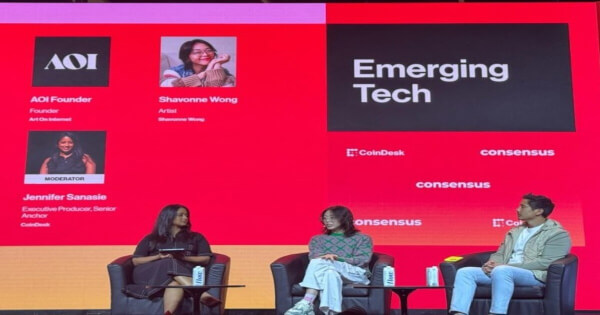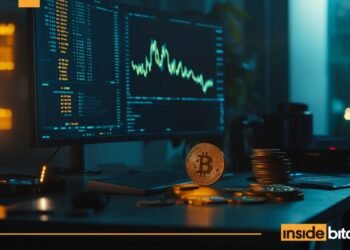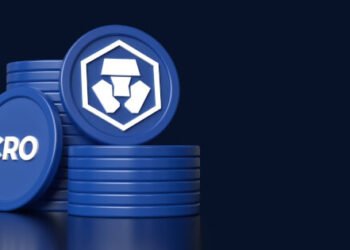Khushi V Rangdhol
Apr 02, 2025 18:05
AI and blockchain converge, enabling decentralized information possession and real-time integration for higher predictions.
At Consensus Hong Kong 2025, one of the vital charming discussions revolved across the rising convergence of synthetic intelligence (AI) and blockchain know-how. Key business figures, together with Clara Tsao (Founding Officer, Filecoin Basis), Jing Solar (Co-founder, IoTeX & MachineFi Lab), and Mark Rydon (Co-founder, Aethir), delved into how decentralized applied sciences might democratize AI and handle the belief points surrounding centralized information management.
Decentralized AI and Information Possession
Clara Tsao explored the geopolitical facets of AI’s rise, noting how international powerhouses just like the U.S. and China are vying for management within the AI race. “Belief is an enormous concern with regards to information utilization,” Tsao remarked, emphasizing the rising want for information possession. She argued that “decentralized AI, the place customers management the place their information is saved and the way it’s used, is crucial to handle these issues.” Leveraging blockchain’s transparency and safety, decentralized AI fashions allow customers to retain management over their information, resolving privateness and moral dilemmas frequent with centralized methods.
Decentralized Infrastructure: Cloud Computing by the Folks, for the Folks
A spotlight of Consensus HK 2025 was the disclosing of Aethir’s decentralized cloud infrastructure. This distributed system permits builders to entry GPU sources wanted for AI workloads, democratizing entry to high-performance computing with out large capital investments.
“We’re constructing a decentralized cloud infrastructure that democratizes entry to GPU sources,” Mark Rydon said. Aethir’s platform faucets into a major variety of NVIDIA H100 GPUs, offering AI startups with a scalable, reasonably priced strategy to energy their tasks.
Actual-Time Information: The IoT-Blockchain Integration
One other necessary pattern on the convention was the mixing of real-time information into blockchain methods, a vital think about feeding AI fashions with present info. Jing Solar from IoTeX defined how IoT units have gotten more and more very important in offering real-time information.
“Decentralized networks are exploring methods to mixture real-time information from climate stations, flight trackers, and IoT units to feed into AI fashions,” Solar remarked. This integration enhances AI’s capacity to make exact predictions and automate responses in real-time. For example, climate sensors might set off automated insurance coverage payouts primarily based on incoming information, showcasing how blockchain brings transparency to AI functions.
The Future: Decentralized AI Brokers and the Rise of the Autonomous Financial system
Probably the most visionary dialogue at Consensus HK 2025 centered on the position of AI brokers conducting transactions on blockchain networks, interacting autonomously with each other. Panelists predicted that AI brokers might ultimately conduct extra transactions on-chain than people. This shift towards AI-to-AI commerce marks a groundbreaking growth in blockchain and AI integration. These brokers would be capable of make choices, collaborate, and execute transactions autonomously, paving the best way for a future the place AI methods tackle advanced duties throughout industries akin to finance and transportation.
The potential of decentralized computing and AI to reshape the digital economic system is immense. By merging these applied sciences, a future the place people and companies can entry AI capabilities securely, with out counting on centralized tech giants, is inside attain. This convergence guarantees a brand new period of transparency, belief, and accessibility in AI.
Picture supply: Shutterstock





















![Devcon: Hacia Colombia en 2022 [Redux]](https://bitmime.com/wp-content/uploads/2025/04/upload_2b32fe55f8984608f37d72635a3f8721-120x86.jpg)